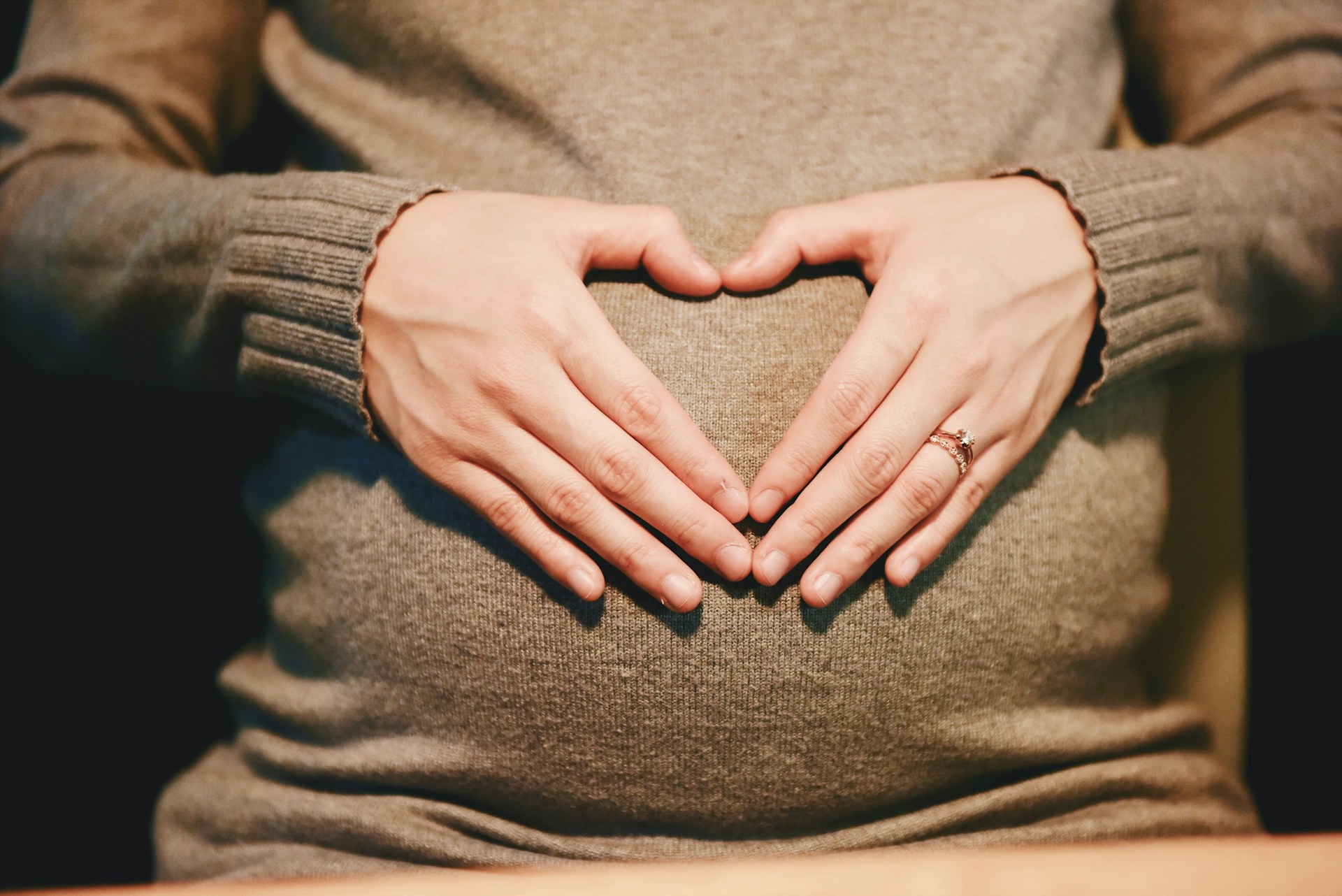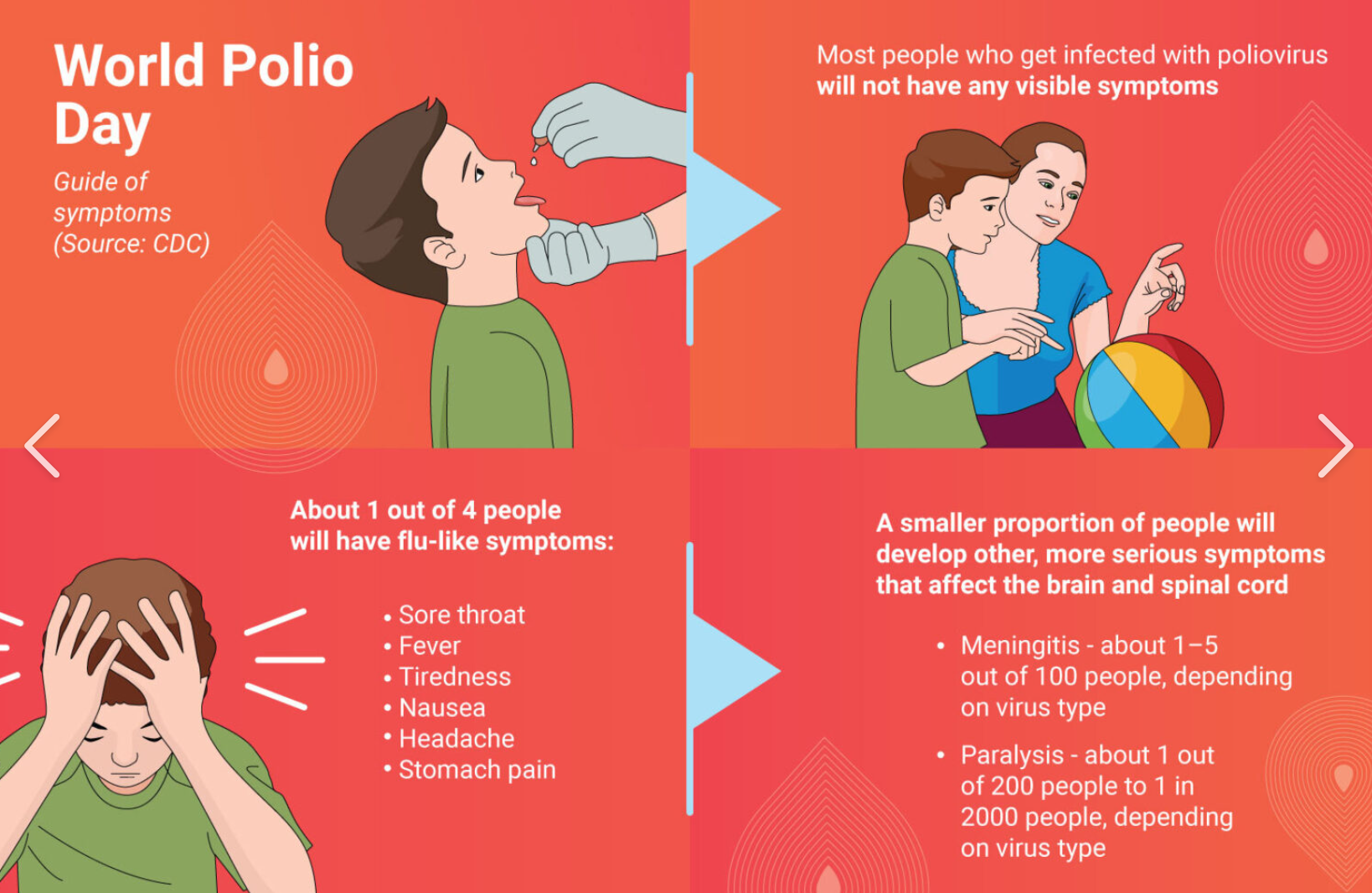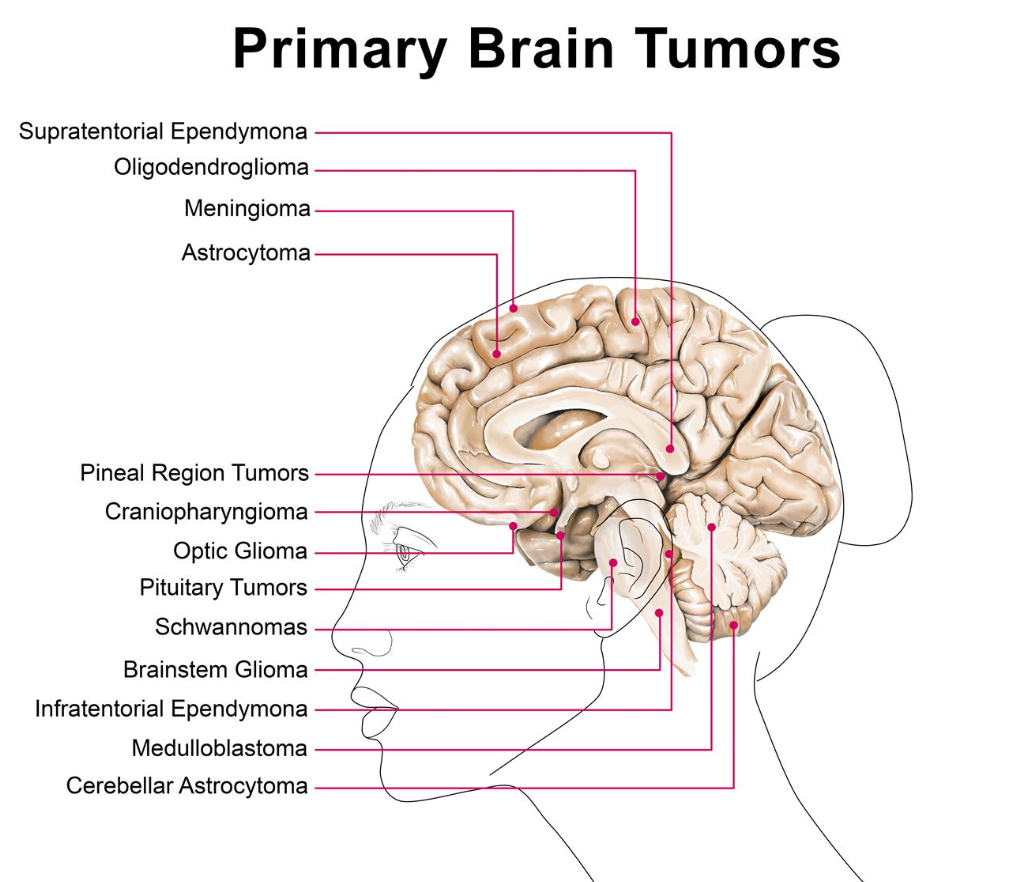Pregnancy is often described as a beautiful journey, but let’s be real—it’s also a 10-month “jail sentence” of discomfort. Headaches, chest pains, backaches, hip pains, rib pains, tailbone pains… the list goes on. Unfortunately, these aches and pains are just part of the package when you’re expecting. So, what can you do to survive this period? Just wait for the “parole day” when your little one finally arrives!

The Evolutionary “Illegal Renovation”
Our ancestors used to walk on all fours, much like our furry friends, dogs. Their spines were curved like bows, evenly distributing the weight of their internal organs. But as humans evolved, we stood upright, turning our entire spine and internal system 90 degrees. This “illegal renovation” disrupted the original biomechanics, forcing our spines to become vertical pillars. To support upright posture and bipedal walking, the lower spine had to curve forward, while the upper spine curved backward to keep our heads balanced. The result? Four physiological curves: cervical and lumbar curves that bulge forward, and thoracic and sacral curves that bulge backward.

These curves put immense pressure on our spines and vertebrae, making us more prone to cervical and lumbar diseases. Ever heard of a dog with a bad back? Neither have I.
The “Illegal Renovation” Meets “Unauthorized Construction”
Pregnancy is like continuing the “unauthorized construction” on this already compromised structure. In the second half of pregnancy, your belly becomes a 20-30 pound ball pulling your spine forward and downward for 5-6 months. No wonder you’re feeling the pain!

So, when will this agony end? Once the baby is born and the “unauthorized construction” is dismantled, your back, hips, and tailbone will thank you.
Rib Pain: When Your Ribs Feel Like They’re in a Cage Match
Rib pain usually kicks in during the second half of pregnancy, especially as your belly grows. Your ribcage expands to make room for the growing uterus, stretching muscles and nerves. Add hormonal changes to the mix, and you’ve got a recipe for rib pain.

For those with larger breasts, the extra weight can also contribute to rib discomfort. If you’re on the flatter side, consider yourself lucky—you won’t have this particular burden.
The expanding uterus doesn’t just mess with your ribs. It can also push up against your lungs, making you feel short of breath, and press on your diaphragm, causing shoulder pain.
Hip Pain: When Your Hips Don’t Lie, They Just Hurt
Pregnancy brings a surge in estrogen, progesterone, and relaxin, causing muscles, ligaments, and joints to loosen up. This is nature’s way of preparing your body for childbirth, making room for baby’s big head to pass through the birth canal. But these changes can also lead to hip pain.

In the later stages of pregnancy, the growing uterus can compress the sciatic nerve, causing pain and numbness in your hips and thighs. Another culprit could be round ligament pain, a sharp, stabbing pain in your abdomen, hips, and groin, especially when you change positions suddenly.
A less common cause of hip pain is temporary osteoporosis, often due to calcium deficiency. Supplementing with calcium can help ease this discomfort.
Pubic Pain: When Your Pelvis Feels Like It’s Falling Apart
Relaxin, the hormone responsible for loosening your ligaments, is the main reason behind pubic symphysis pain. As your baby grows, your body produces more relaxin to make your pelvis more flexible, ensuring a smooth delivery.
However, this ligament relaxation can lead to pelvic joint separation, causing pain when you walk, lift heavy objects, or even put on pants. Changing positions, getting in and out of bed, or climbing stairs can exacerbate the pain.
Other Pains: When Pregnancy Feels Like a Full-Body Workout Gone Wrong
Beyond these common pains, pregnancy can also bring wrist pain, leg cramps, and swelling. Discomfort is the norm during pregnancy, and it’s rare to go from feeling great to feeling even better once you’re expecting. This discomfort is a normal “abnormality” that usually doesn’t require medication. But if your symptoms worsen and interfere with your daily life, it’s time to consult a specialist.
So, hang in there, future moms! The end of this “jail sentence” is in sight, and the joy of holding your little one will make it all worthwhile.







Leave a Reply